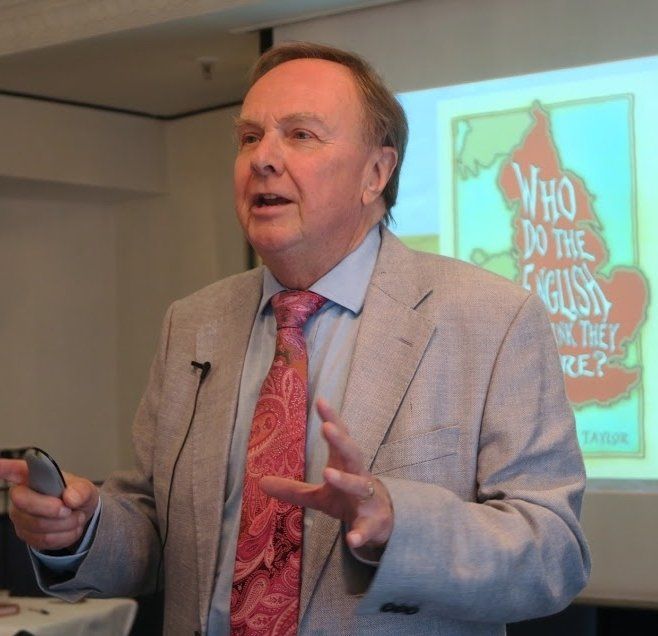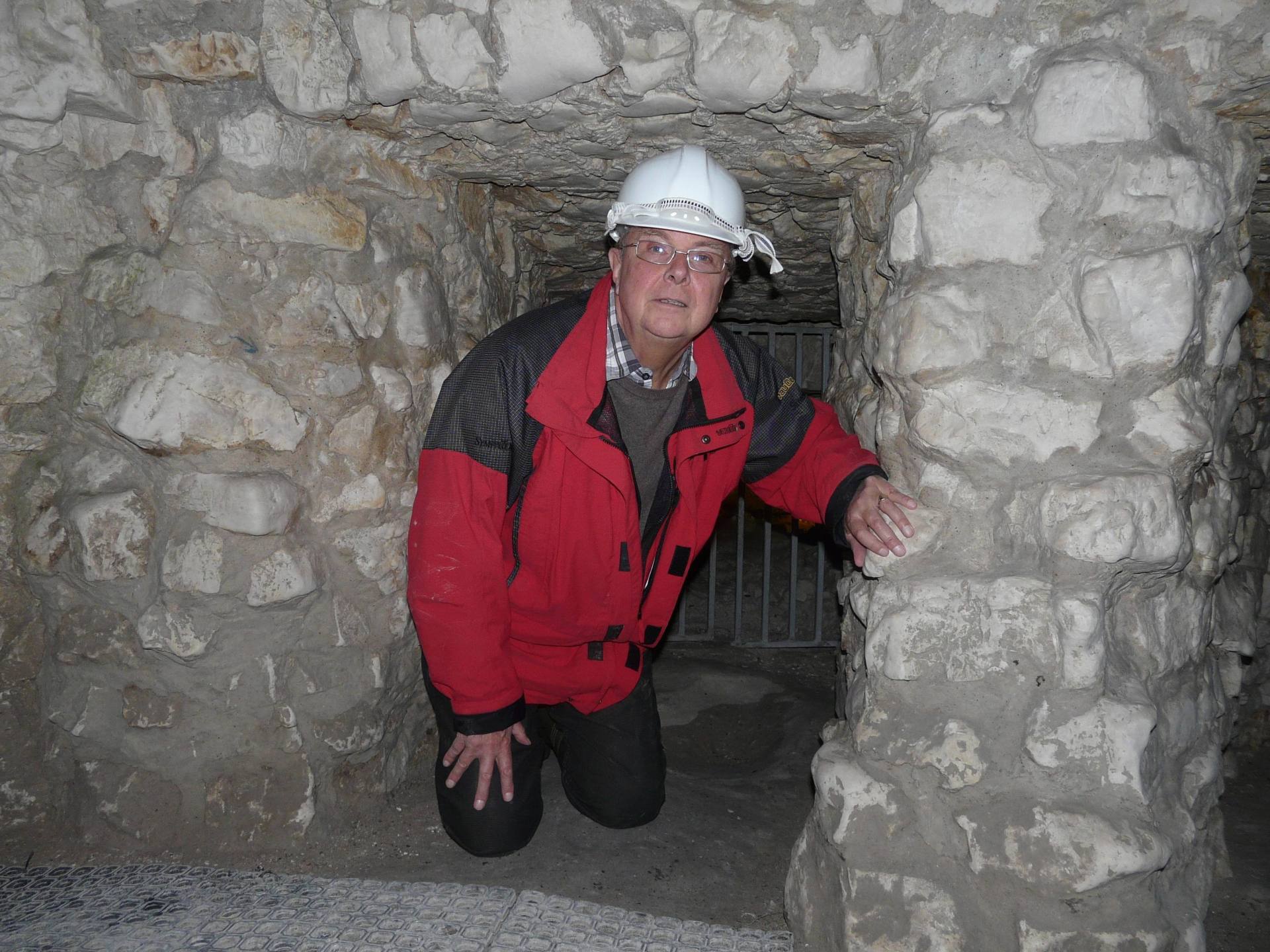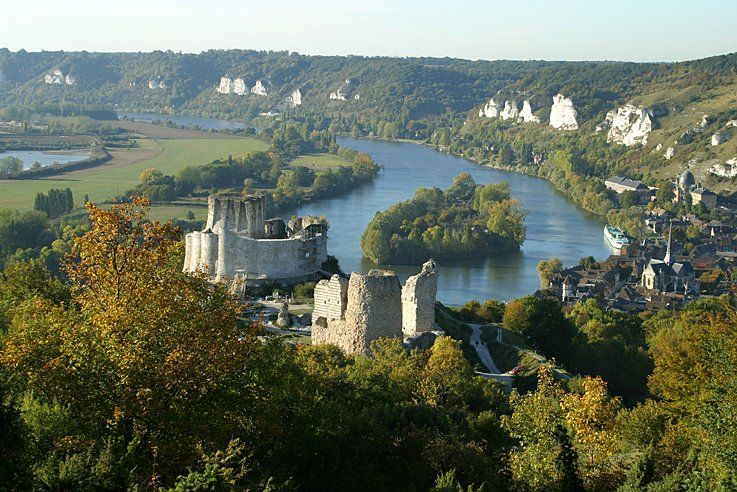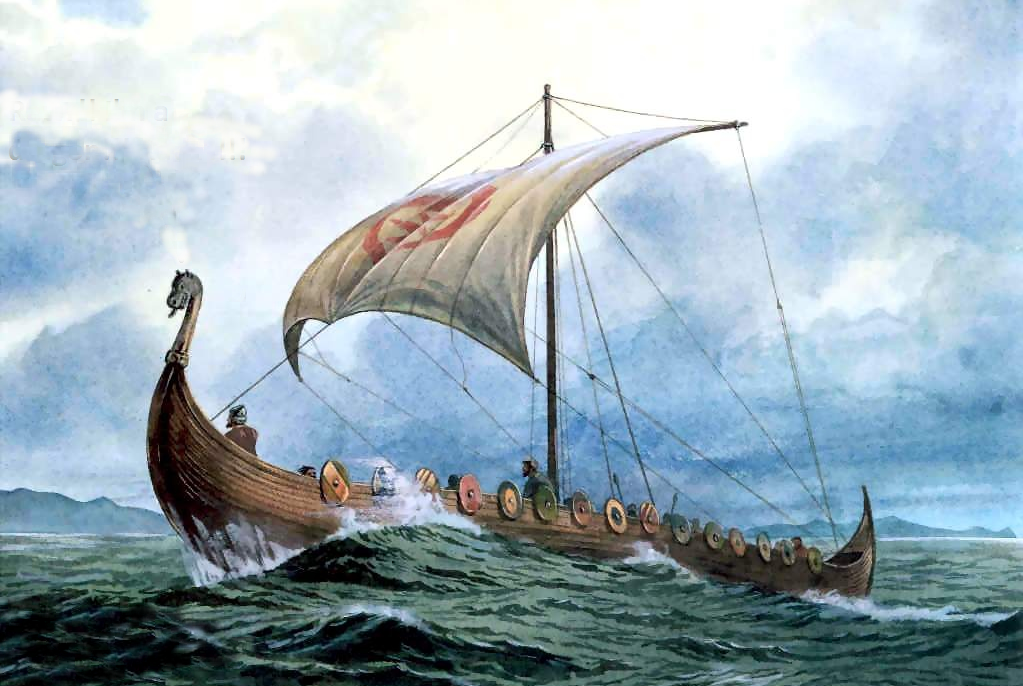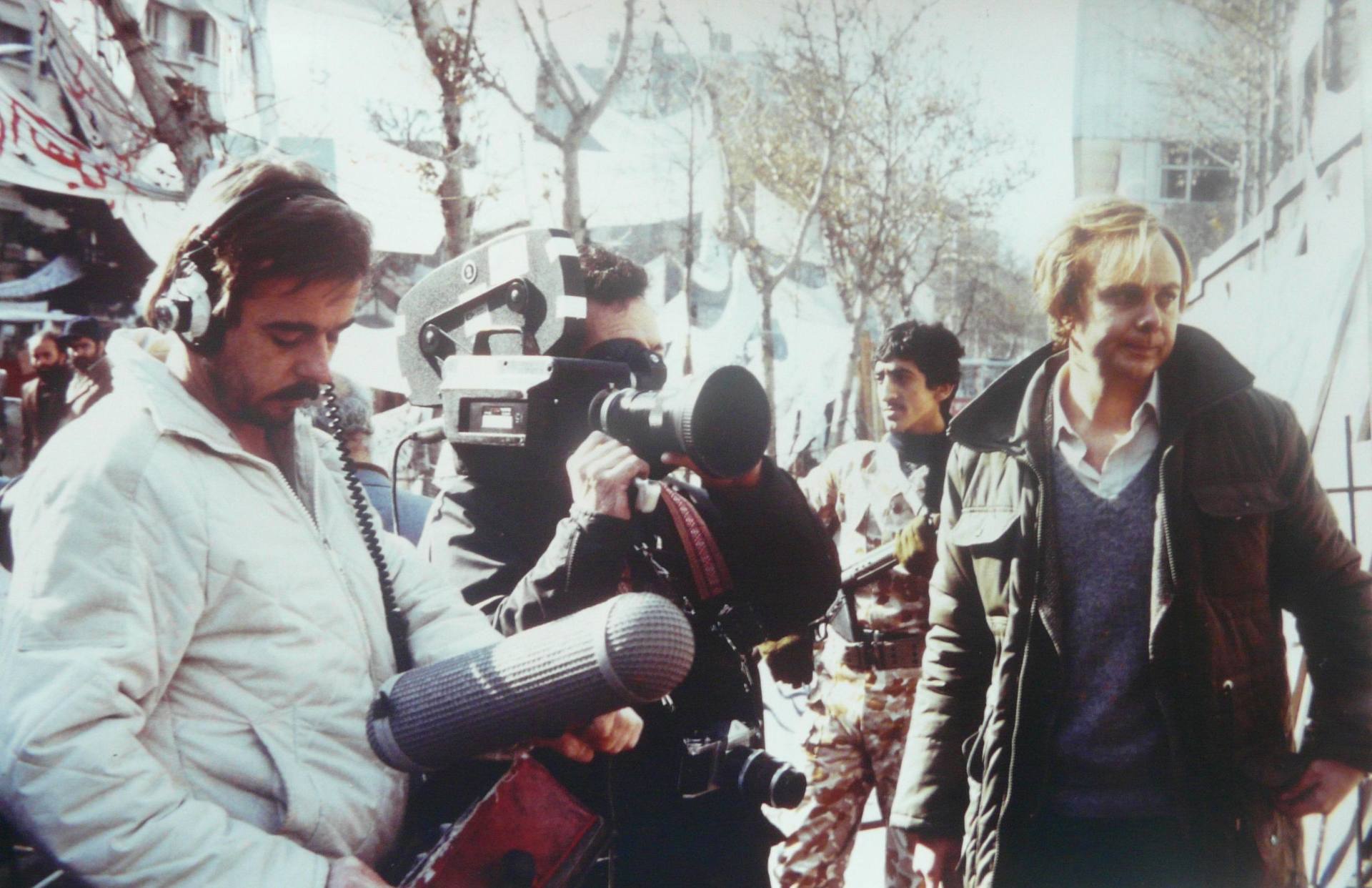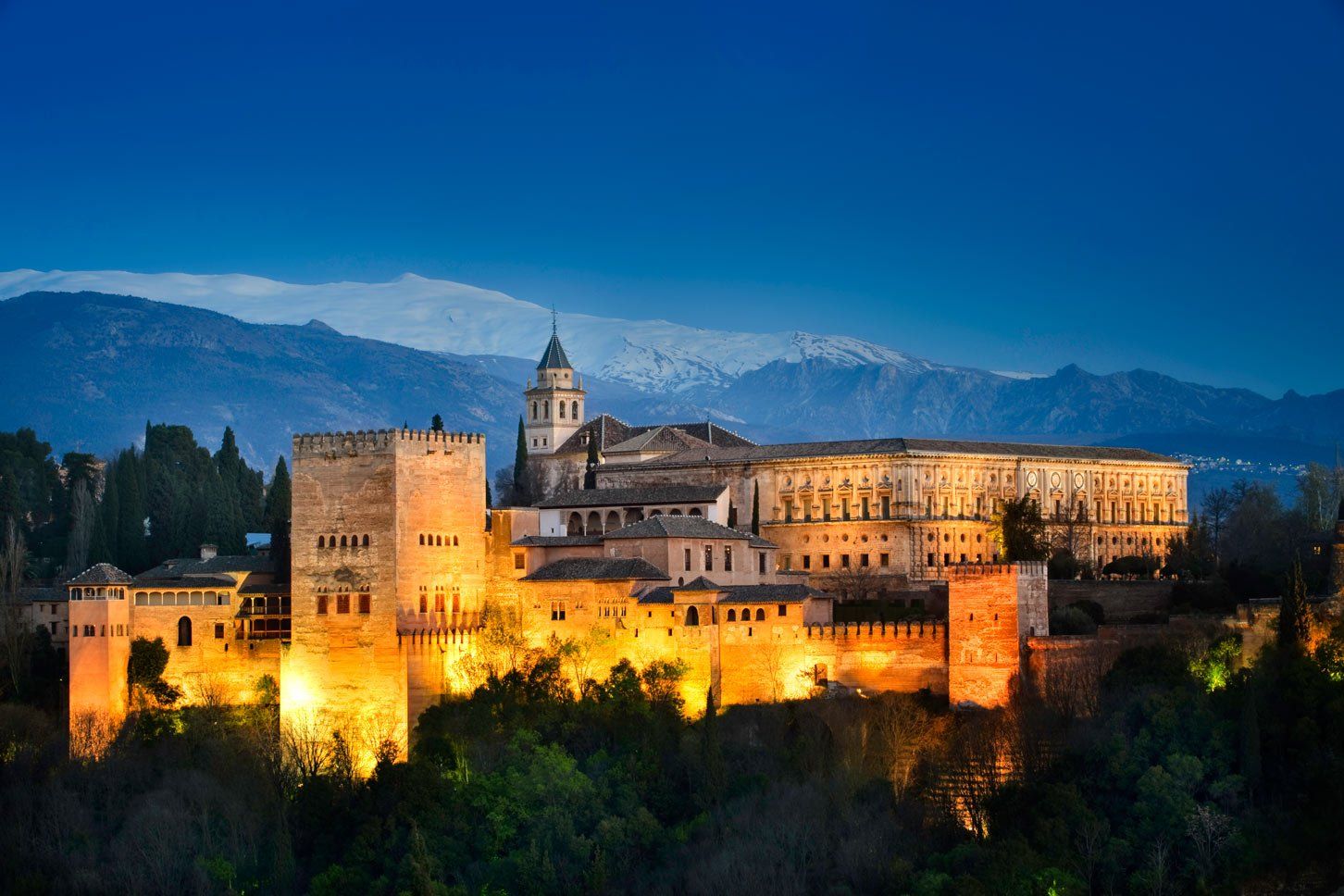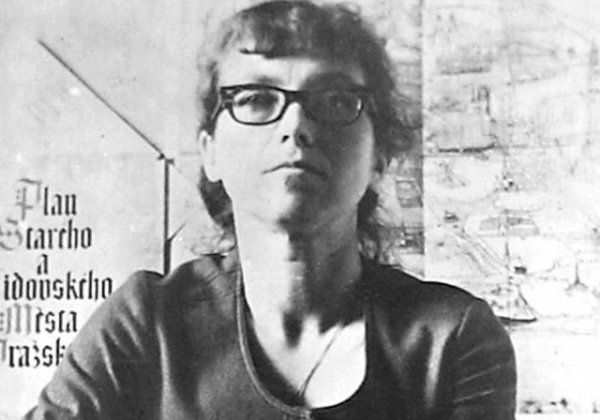Speaker
Acclaimed public speaker
Derek is a celebrity lecturer on Cunard cruises,
and his talks have been rated an unprecedented
9.81 out of 10 by guests on the luxury line Silversea.
Among the many venues where he's given talks are:
* the English Speaking Union in London
* Dulwich Picture Gallery,
* the USA's largest book festival in New York,
* Brooklyn Law School,
and many local societies in the UK.
"Yours was the most impressive presentation of all, not least because your commentary and the visual elements were integral and seamless. Terriffic, eloquent and compelling"
- Dr Kenneth Wolfe,
Dulwich Picture Gallery.
For a full list of Derek's speaking topics,
scroll down
To see him in action,
view the video below.
To book Derek to speak at your event, email
derekjtaylorbooks@gmail.com
Magna Carta:
Tyranny, Treachery
and Liberty.
New York.
Derek Taylor,
author of "Magna Carta in 20 Places" gives the keynote speech at the Brooklyn Law School's
Magna Carta symposium.
For a full version of the talk, click here
Speaking topics
British history
European and American history
New: England from a Side-saddle
Celia Fiennes is one of the forgotten heroes of our history. She rode around the country at the end of the seventeenth century facing daily risks from treacherous roads, vermin-ridden lodgings and highway robbers. She observed everything from political corruption and a brutal justice system to coal-mining, shipping and what the nation was now eating for dinner.
Derek tells us of the determination, courage and curiosity of a woman who was centuries ahead of her time.
1. Who do the English think they are?
As you’d expect from a race 1600 years in the making, the English are a complex lot.
They value democracy, but took centuries to give everyone the vote. They’ve been tolerant, yet at times persecuted minorities. They’ve been eccentric and funny, but also conformist and straight-laced. They revere the rule of law, but put a military dictator’s statue outside parliament. Bewildered? Derek will sort it out, and tell us who exactly the English are.
2. Tyranny, Treachery and Liberty
Magna Carta’s birth is shrouded in myth. It’s often mistakenly thought to have given us such valued institutions as democracy and trial by jury. It didn’t. Nevertheless, it is rightly regarded as a beacon of freedom and justice. Why? And King John, the target of Magna Carta - was he really a murderous tyrant? Or was he just doing what he had to, faced with a bunch of thuggish, self-serving aristocrats?
3. The Devil’s Brood
The 80-year old queen who led an army. The king whose energy earned him the title ‘the flying monarch.’ The child bride who was condemned as a witch. And the real hero of Magna Carta’s story: a woman who was starved to death when she refused to hand over her children as hostages to the king. The age of Magna Carta was full of larger-than-life characters whose actions tell us much about the birth of the Great Charter.
4. When life was nasty, brutish and short.
The Great Charter back in the thirteenth century did next to nothing for the common people. Life back then for the vast majority of ordinary folk who lived in the countryside was a round of obeying, praying and paying. Town life was was different. Trade ruled there not tradition. But the narrow streets were fraught with danger - from fire, disease, savage dogs and a crime rate that would make modern inner cities seem havens of peace. It was to take centuries before most of us gained the liberty and justice promised in Magna Carta.
5. Still shining today!
Magna Carta is a living being. It’s been reissued and reinterpreted many times. In the seventeenth century, it led to the beheading of an English king and helped found the constitution of the new United States. In our own day, it brought an American President to the verge of ruin.
6. Fake News: from Henry VIII to Donald Trump
Since the invention of the printing press, journalists and governments have been natural enemies. It’s sometimes been a bloody fight, with neither side always telling the truth. And the battle-lines have often shifted under pressure from new technology, wartime needs, and ideas about democracy. So what can history teach us about today’s ‘fake news’ controversies?
7. Suffragettes vs the press
To mark the centenary in 2018 of the first women to vote, Derek Taylor looks at the hostile opposition the suffragettes faced from the newspapers of the day. The press branded them 'hysterical', 'crazy' and 'anarchists' But in the end, it was one of the powerful newspaper-owners who became convinced by the justice of their cause and helped them gain the franchise.
8. War and Worship
When it comes to historic sites, England is surely the richest of countries. Here Derek Taylor takes us to some of the places that the guide books often forget, where people fought, died and worshipped. Among them, an island ravaged by the Vikings, a 1200-year-old church, the remote fens where the violence made people say Christ and his saints must be asleep. And the village once home to fighting monks.
9. Palaces to poverty
Off the beaten track, we seek out our ancestors’ homes. From a palace forgotten in a wood, to the area boasting more castles than anywhere else in England. We explore a 700-year-old middle-class residence, and visit a stately home few have heard of, but which has an unrivalled hoard of beautiful objects. And we end amid the slums of Birmingham. Why would the National Trust preserve such ‘monstrosities’?
10. Work and play
The world of work has always been the world of ordinary folk whose stories have often been lost. We go down a 5,000-year-old mine, discover that the true heroes of ancient Rome were its plumbers, crawl inside the firebox of a steam-locomotive, and discover that Victorian children forced into brutal work could sometimes come out winners. Finally, we take it easy in England’s oldest and strangest pub, in a cave.
11. How history gets twisted
History can be explosive stuff. It’s not just a tale of knights and ladies, soldiers and priests. It’s sometimes been distorted and rewritten for political or selfish ends. That often leads to myths and misunderstandings. We look at the medieval “journalists” who lied, the poet who helped cover up a massacre, the people who tried to erase a 1,000 years of history, and the mysterious death that gave women the vote. Or did it?
To book Derek to speak at your event, email
derekjtaylorbooks@gmail.com
France
1. France: When the English
almost became French
When William the Conqueror defeated the Anglo-Saxons at the battle of Hastings in 1066, a French elite - made up of larger-than-life characters such as Richard the Lionheart and Eleanor of Aquitaine – ruled England. They regarded it as no more than a backyard to their main territories in France. Derek explores some of the places - in Normandy, Anjou and Brittany – where the rulers of England clashed with the French king. And he tells how the French language almost killed off English.
2. France: How France was
King John's undoing
King John, whose rule Magna Carta was designed to curb, spent much of his reign in France. He snatched a child bride in Angouleme, murdered his nephew in Rouen, and showed a rare heroic side when he rescued his mother under siege in Mirebeau-en-Poitou. But he suffered two catastrophic defeats, at Gaillard in Normandy and Bouvines in northern France. They left him a sitting duck to be picked off by the rebellious barons in England. But John’s failures were England’s saviour – the language and its culture freed itself from French shackles.
Scandinavia and North Atlantic
1. The Vikings: Raiding the world
The Vikings have a reputation for ruthless and random brutality. But is that reputation deserved? Maybe. But the latest research has turned up some surprises about these Dark Ages raiders from Norway and Denmark. However, they certainly were fearsome warriors and sea-farers, whose empire stretched from Turkey to North America.
2. What did the Vikings do for us?
There was more to the Vikings than rape and pillaging. They were traders and farmers, and they liked music, chess, partying and sports. And Viking women had equal rights with men when it came to divorce. But as in many ancient societies, bottom of the heap were slaves. The Vikings are still with us in Britain today - in everyday words we use, and in the names of many towns and villages where we live.
3. West with the Vikings.
The Vikings were far more than their reputation for raiding and pillaging. They were ground-breaking and fearless explorers, who reached North America 500 years before Columbus.
4. East with the Vikings.
The Vikings raided and explored almost every part of Europe and far beyond too. They sailed the Baltic seas, reached Novgorod and Kiev, then travelled overland to reach Byzantium. They tried to capture the city, then served as its emperor's crack troops. Most amazing of all, they covered another 1200 miles south east to Baghdad, this time as traders.
Middle East
1. Wars and Revolutions:
under fire in the Middle East.
As an on-screen reporter for both ITN of London and the US's ABC News, Derek covered five wars and spent seven months in Iran during the Islamic Revolution - a time and place portrayed in the film Argo. He confesses, "I discovered it sometimes pays to be frightened."
To book Derek to speak at your event, email
derekjtaylorbooks@gmail.com
Spain
1. Spain: Moors, moonlight and massacre
The Moors invaded Spain from North Africa in 711, and within three years they’d conquered the whole land. Over the next 800 years, they came to lead Europe in learning, architecture and agriculture. When the last Moorish rulers were driven out, those Moors who stayed on became victims of the Inquisition. But the Moorish influence is still there today in the language, landscape and many of Spain’s buildings – from suburban houses to magnificent palaces.
2. Spain: The rise and fall of the Spanish Empire
In 1492, Christopher Columbus planted the Spanish flag in the New World, and within a century Spain controlled one of the biggest empires the world had ever seen. The main Spanish port, Seville was a magical place where ships unloaded gold and treasure, and where exotic foreigners strutted the streets. A magnificent royal court was set up in Madrid. But in the nineteenth century, the glory days were gone: Napoleon invaded and conquered most of Spain, until the British army intervened and drove the French out.
3. Spain: Dictators and democrats.
In 1936, civil war broke out between the Nationalist forces of General Franco and the Republicans. Young English men and women, like Laurie Lee, came over to help fight fascism. But the defeated Republicans suffered a terrible revenge, under a military dictatorship. When Franco died in 1975, the return to democracy was swift. Today 68 million tourists a year come to admire Spain’s history, its art, or just to relax in the sun.
Eastern Europe
1. The press in the USSR.
When Kruschev came to power in the Soviet Union in 1953, he brought in a so-called 'thaw' in the previous regime's suppression of unofficial journalism. In reality that meant no more imprisoning journalists rather than executing them. Many brave writers still wrote the truth about state oppression. One of the greatest heroes was Natalya Gorbanevskaya.
North America
1. Magna Carta in America
From the time of its birth in 1215, Magna Carta has been a living being. In the seventeenth century, it was exported to North America, inspired the independence movement there, and helped found the constitution of the new United States. In our own day, it’s become the watchword of freedom under the law, and even brought an American President to the verge of ruin.
2. The Media vs the Mighty:
a history of news in America
Ever since Americans won their independence in the eighteenth century, they’ve recognized the democratic role of the news media in holding governments to account. There’ve been many heroes in the resulting battles. But it’s not always been so. Journalists have sometimes allowed themselves to be manipulated by those in power. So, is it any different under Donald Trump?
3. Dateline D.C.
Derek tells of his time as a TV corespondent in the USA.
To book Derek to speak at your event, email
derekjtaylorbooks@gmail.com
